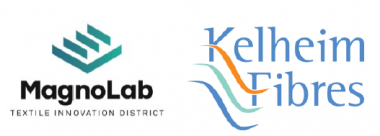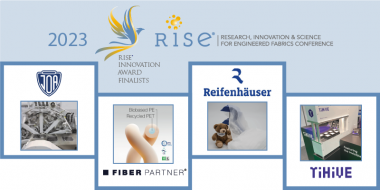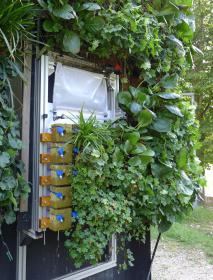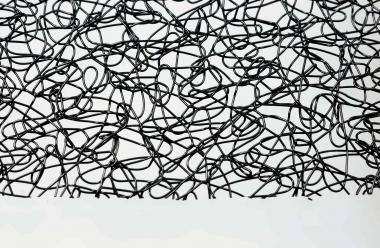INDA Partners & Waterloo Filtration Institute: Partnering for the FiltXPO™ 2023 Technical Program
INDA, the Association of the Nonwoven Fabrics Industry, is partnering with the Waterloo Filtration Institute to deliver the FiltXPO™ technical program on October 10-11, 2023 in Chicago, Illinois. The Waterloo Filtration Institute was instrumental in recommending program topics and world-class presenters.
Engineers, scientists, and industry professionals will gain the latest insights into the filtration and separation topics affecting the industry today and into the future. The program features presentations include: filter media technologies, advancements and opportunities in filtration machinery and equipment, innovations in clean air for homes and urban areas, standards and testing, industry trends and new developments, and filtration challenges and opportunities.
The keynote for this year’s event is “IAQ Is the New Black” presented by Suzanne Shelton, President & CEO, Shelton Group. Shelton will share the latest data around consumer views on health, safety, people, and the planet. Participants will gain an understanding of the filtration opportunities and the challenges manufacturers face in communicating the value of their products.
A preview of the subject matter experts includes:
- AAF Flanders – “Air Filter Standards Activity and What It Means for Innovation”
- Ahlstrom – “Expanding Wetlaid Filtration Media Performance Through Innovation”
- Air Techniques International – “Application of Automated Filter Tester in Quality Control Testing: Importance of Consistent Aerosol Particle Size Distribution”
- American Truetzschler, Inc. – “How Really Good Filter Media Is Made”
- CEREX Advanced Fabrics – “The Antimicrobial Nylon Advantage”
- Elsner Engineering Works, Inc. – “When Does Automation Make Sense”
- Hollingsworth & Vose – “Accelerating Membrane Adoption with ROI”
- INDA – “Beyond Porter’s Five Forces – When Regulation Reshapes Markets”
- MANN+HUMMEL GmbH – “Filtration for Cleaner Urban Mobility – Introducing Horizon Europe Innovation Action Aersolfd”
- NatureWorks – “Optimizing Biopolymers to Improve Filter Performance – A Spectrum of Approaches and Opportunities”
- Palas GmbH – “Influence of Temperature and Humidity to Filter Efficiency and Dust Holding Capacity”
- Ptak Consulting – “Residential Filtration – Performance Against Infectious Aerosols”
- The University of Georgia – “Recent Advances in Melt Blown Nonwovens and Filter Media Research”
New this year to FiltXPO are Lightning Talks. Lightning Talks are an opportunity to connect with new trends, products, innovations, and ideas with speakers rotating every eight minutes. Presenting companies include Ahlstrom, Elsner Engineering Works, Inc., Gottlieb Binder GmbH, TSI, and the Waterloo Filtration Institute.
The FiltXPO exhibition takes place October 10-12 and will run concurrently with the technical program.
INDA, the Association of the Nonwoven Fabrics Industry































